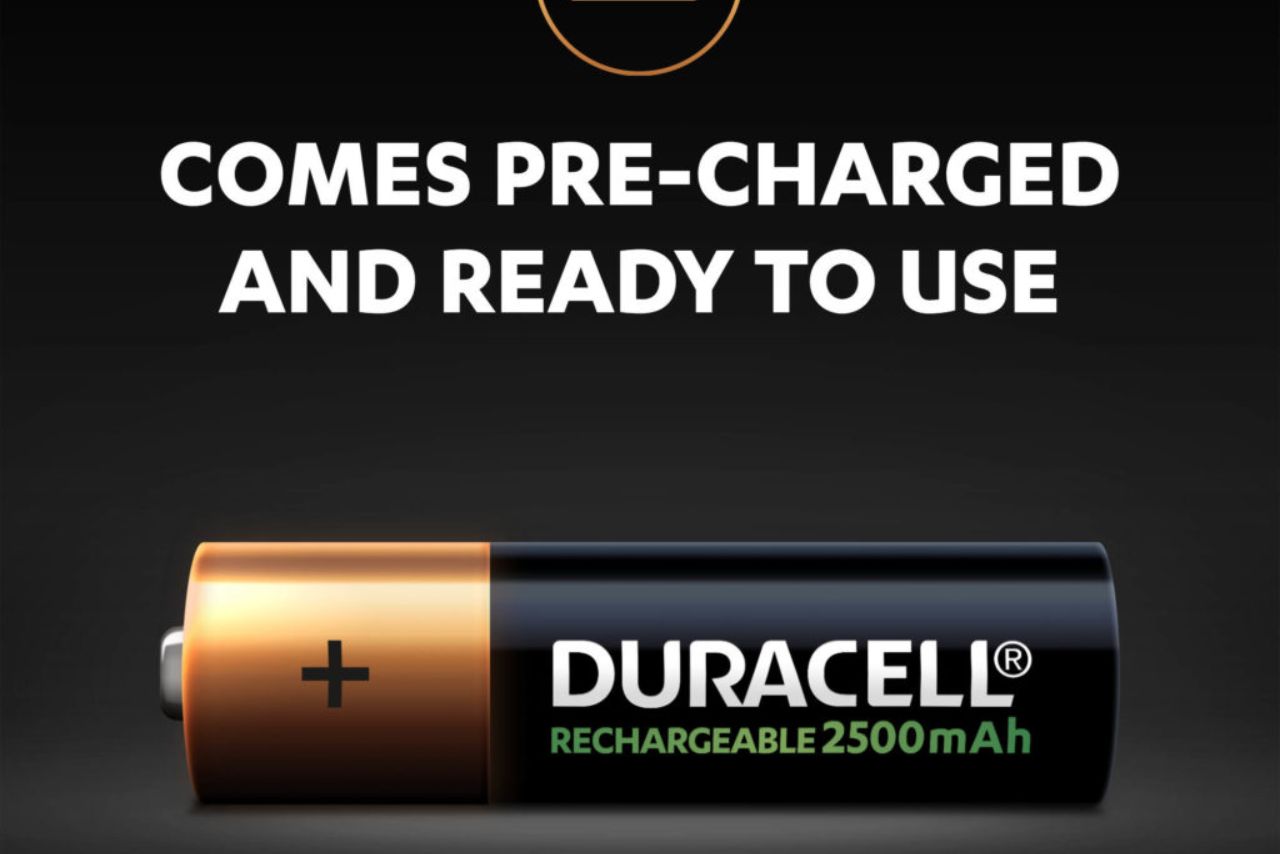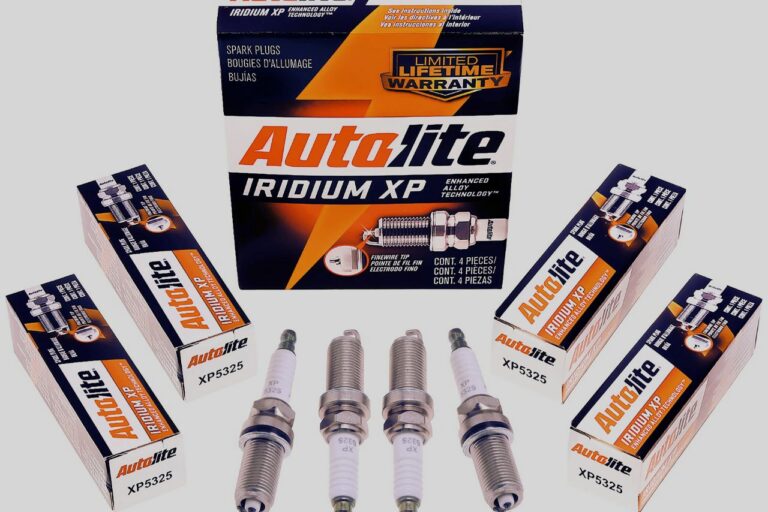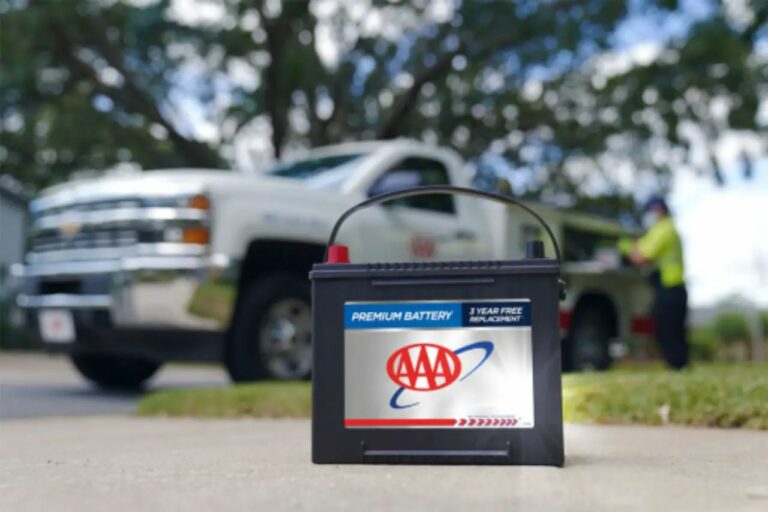Can You Recharge AA Batteries? (We Tried it Out!)

Do you rely heavily on AA batteries for your electronic devices, but find yourself constantly buying new ones?
Have you considered the benefits of rechargeable AA batteries? Not only are they more cost-effective in the long run, but they are also environmentally-friendly.
Can You Recharge AA Batteries?
Yes, AA batteries are rechargeable. They are commonly known as NiMH (Nickel Metal Hydride) rechargeable batteries. These batteries can be charged and used multiple times, making them a cost-effective and eco-friendly alternative to disposable batteries. However, it’s essential to use a compatible charger and follow the manufacturer’s instructions for safe and efficient recharging.
In this article, you will learn about the basics of rechargeable AA batteries, including the different types available and how to properly charge them.
You will also gain insight into the lifespan of rechargeable AA batteries and how to safely dispose of them when they can no longer hold a charge.
Whether you are a seasoned user or new to the world of rechargeable batteries, this article will provide you with the information and tools necessary to make the switch to rechargeable AA batteries.
Understanding the Basics of Rechargeable AA Batteries:
Recharging rechargeable AA batteries regularly is a reliable way to recycle and renew their power. Understanding battery chemistry is crucial in appreciating the benefits of rechargeable batteries.
Rechargeable AA batteries are made up of nickel-metal hydride (NiMH) chemistry, which is different from standard alkaline batteries.
NiMH batteries have a higher energy density and can hold more power than alkaline batteries.
They also have a longer lifespan and can be recharged multiple times, making them more cost-effective and environmentally friendly.
Another advantage of rechargeable batteries over disposable ones is their ability to hold a charge for longer periods.
When not in use, rechargeable batteries can retain their power for up to a year, whereas disposable batteries lose their charge over time.
This means you can always have a set of fully charged batteries ready to use whenever you need them.
Rechargeable batteries also produce less waste than disposable ones, reducing the environmental impact of battery usage.
Understanding the benefits of rechargeable AA batteries can help you make an informed decision on whether to switch to rechargeable batteries.
Types of Rechargeable AA Batteries:
When it comes to rechargeable AA batteries, there are two main types you should know about: nickel-metal hydride (NiMH) and lithium-ion (Li-ion) batteries.
NiMH batteries are a popular choice for consumers due to their affordability and high capacity, but they can lose their charge quickly when not in use.
On the other hand, Li-ion batteries are more expensive but offer longer shelf life and better performance.
Choosing the right type of rechargeable AA battery for your needs depends on your specific usage and budget.
Nickel-metal hydride (NiMH) batteries:
Although they’re not as popular as they once were, NiMH batteries can still be a reliable source of rechargeable power for electronic devices.
If you’re looking for a rechargeable battery that can handle high-drain devices, NiMH batteries are a great option.
Here are some advantages of NiMH batteries compared to other rechargeable batteries:
- They have a higher capacity than NiCd batteries
- They’re more environmentally friendly than alkaline batteries
- They can be recharged many times without experiencing the ‘memory effect’ that NiCd batteries suffer from
- They’re more affordable than Li-ion batteries
Overall, if you’re looking for a rechargeable battery that’s reliable, affordable, and environmentally friendly, NiMH batteries are a great option to consider. Just make sure to properly dispose of them when they reach the end of their life cycle.
Lithium-ion (Li-ion) batteries:
If you’re looking for a battery that can provide longer battery life and faster charging times than NiMH batteries, then lithium-ion (Li-ion) batteries are the way to go. Li-ion batteries have become increasingly popular due to their numerous benefits.
For starters, they have a higher energy density, meaning they can store more energy in a smaller space.
This makes them ideal for use in small electronic devices like smartphones and laptops.
Additionally, Li-ion batteries have a longer lifespan than other types of rechargeable batteries, meaning they can be used for years before needing to be replaced.
However, despite their advantages, Li-ion batteries also have some drawbacks. One major disadvantage is their higher cost compared to other types of batteries.
Additionally, Li-ion batteries can be sensitive to high temperatures, which can significantly impact their lifespan and performance.
It’s important to note that while Li-ion batteries have their drawbacks, they still remain a popular choice due to their overall performance and reliability.
| Pros | Cons |
|---|---|
| High energy density | Higher cost compared to other types of batteries |
| Longer lifespan | Sensitive to high temperatures |
| Faster charging times | |
| Lightweight and portable | |
| Low self-discharge rate |
Choosing the right type for your needs:
To choose the right type of battery for your needs, it’s important to consider various factors such as energy density, lifespan, and sensitivity to high temperature.
When it comes to rechargeable batteries, they have several benefits over disposable batteries. For instance, they have a longer lifespan, which means you won’t have to replace them as often.
Additionally, they are environmentally friendly since you won’t be throwing them away after a single use.
Comparing rechargeable and disposable batteries, rechargeable batteries have a higher upfront cost, but they can be recharged many times.
Disposable batteries, on the other hand, have a lower upfront cost, but they need to be replaced after a single use.
It’s important to note that some devices may not be compatible with rechargeable batteries, so it’s essential to check the device’s manual before using them.
Overall, if you use batteries often, it’s worth investing in rechargeable batteries as they can save you money in the long run and are better for the environment.
Choosing the Right Charger:
When choosing a charger for your AA batteries, make sure to consider the charging speed and energy efficiency.
Charging speed refers to how quickly the batteries can be recharged, and energy efficiency refers to how much energy is wasted during the charging process.
A faster charger may decrease the overall lifespan of your batteries, as it can generate more heat and cause the cells to wear out faster.
On the other hand, a slower charger may take longer to recharge your batteries, but it can help extend their lifespan by keeping them cool and preventing overcharging.
To choose the right charger, you should first determine your charging needs. If you need to quickly recharge your batteries for immediate use, a fast charger may be the best option.
However, if you are looking to extend the lifespan of your batteries and want to charge them slowly and gently, a slower charger may be a better choice.
Additionally, you should look for chargers that are energy-efficient and have safety features such as overcharge protection and automatic shut-off. By choosing the right charger for your needs, you can ensure that your AA batteries are charged quickly and safely, and that they last for as long as possible.
How to Properly Charge AA Batteries?
Start by understanding the importance of proper charging for maximizing the lifespan and performance of your AA batteries.
Here are some common mistakes to avoid and best practices to follow when charging your AA batteries:
- Don’t overcharge your batteries: Overcharging can cause your batteries to overheat, which can damage them and reduce their lifespan. Always use a charger that has an automatic shut-off feature to prevent overcharging.
- Avoid charging at extreme temperatures: Charging your batteries in extreme temperatures can cause them to become damaged and reduce their lifespan. It’s best to charge your batteries at room temperature.
- Charge your batteries before they’re completely drained: Waiting until your batteries are completely drained before charging them can also reduce their lifespan. It’s better to charge them when they’re at about 50% capacity.
- Use the right type of charger: Using the wrong type of charger can also damage your batteries. Always use a charger that’s specifically designed for AA batteries and follow the manufacturer’s instructions.
By following these best practices, you can extend the life of your AA batteries and ensure that they perform at their best. Don’t let common charging mistakes shorten the lifespan or performance of your batteries.
Lifespan of Rechargeable AA Batteries:
If you want your rechargeable AA batteries to last for years, it’s important to understand their lifespan and how to extend it.
AA battery lifespan is determined by the number of times they are recharged. Generally, rechargeable batteries can be recharged 500-1000 times before they start to lose their capacity and become unreliable.
To extend the lifespan of your rechargeable AA batteries, it’s important to follow proper rechargeable battery maintenance techniques.
One way to do this is by using a charger that is specifically designed for the type of battery you have.
Avoid overcharging your batteries, as this can cause them to heat up and become damaged.
Additionally, it’s important to store your rechargeable batteries in a cool, dry place when they are not in use.
By taking these steps, you can extend the lifespan of your rechargeable AA batteries and ensure they continue to work reliably for years to come.
Recycling and Disposing of AA Batteries:
To properly dispose of your used AA batteries, it’s important that you find a recycling center near you that accepts them.
This is because throwing them in the trash can be harmful to the environment.
AA batteries contain toxic chemicals such as lead, mercury, and cadmium that can leak into the soil and water sources if not disposed of properly. Recycling centers use specialized processes to extract these chemicals and prevent them from contaminating the environment.
There are different recycling methods for AA batteries depending on their type and the materials used.
For example, some recycling centers use a thermal process to melt down the batteries and separate the different components.
Others use a chemical process to dissolve the battery and extract the metals.
Regardless of the method, the goal is to recover as much of the valuable materials as possible and minimize the environmental impact. So, next time you have used AA batteries, make sure to recycle them properly to help protect the environment.
Frequently Asked Questions:
Can rechargeable AA batteries explode while charging?
“Caution! While charging, rechargeable AA batteries can potentially explode due to overcharging or overheating. Ensure safety precautions are taken. However, the advantages of rechargeable batteries, such as cost savings and environmental friendliness, outweigh the risks.”
How long do rechargeable AA batteries typically take to fully charge?
To fully charge rechargeable AA batteries, it typically takes around 4-6 hours. However, the benefits of using rechargeable batteries extend beyond convenience, including cost savings and reduced waste. To maximize their lifespan, avoid overcharging and store them in a cool, dry place.
Are rechargeable AA batteries more expensive than regular AA batteries?
Rechargeable AA batteries are more expensive than regular AA batteries, but they have a lower environmental impact and can be recharged multiple times. Cost comparison shows that rechargeable batteries are cheaper in the long run.
Can I use a different brand charger for my rechargeable AA batteries?
When using a different brand charger for rechargeable AA batteries, compatibility concerns and charging speed comparisons should be considered. It is recommended to use the charger that came with the batteries for optimal performance.
Do rechargeable AA batteries lose their charge over time if not used?
Your rechargeable AA batteries will lose their charge over time if not used regularly. Proper storage tips include keeping them in a cool, dry place and charging them every 3-6 months. Battery life will vary based on usage and storage conditions.
Conclusion: Can You Recharge AA Batteries?
Congratulations! You now have the knowledge and skills to recharge your AA batteries like a pro.
Remember, choosing the right type of rechargeable battery and charger is crucial for optimal performance and safety. Make sure to follow the instructions provided by the manufacturer to properly charge your batteries.
But, as the saying goes, all good things must come to an end. Even rechargeable batteries have a limited lifespan and will eventually need to be recycled or disposed of properly.
So, when it’s time to say goodbye to your trusted batteries, be sure to do so in an environmentally responsible way. After all, every little effort counts in preserving our planet for future generations.




